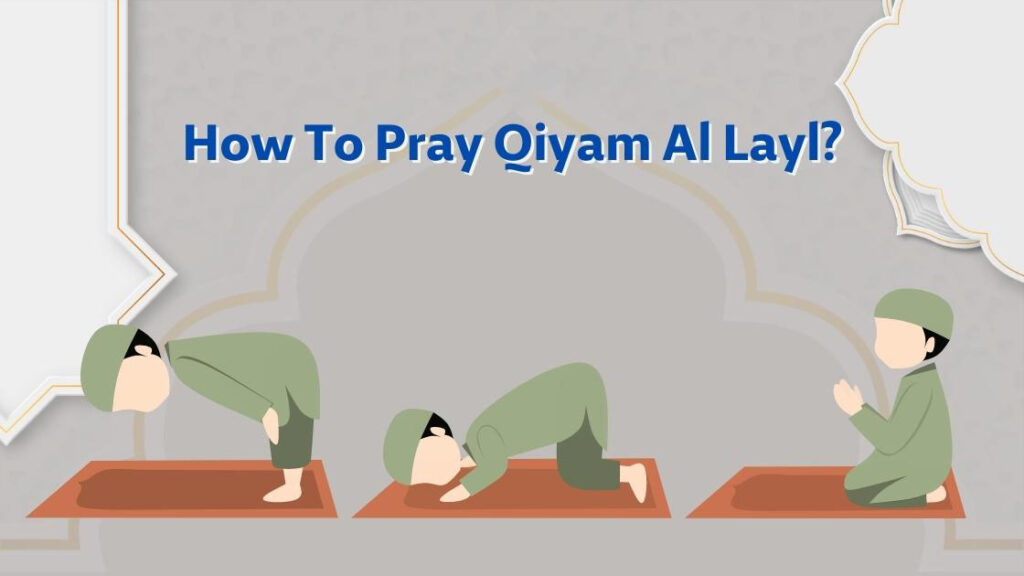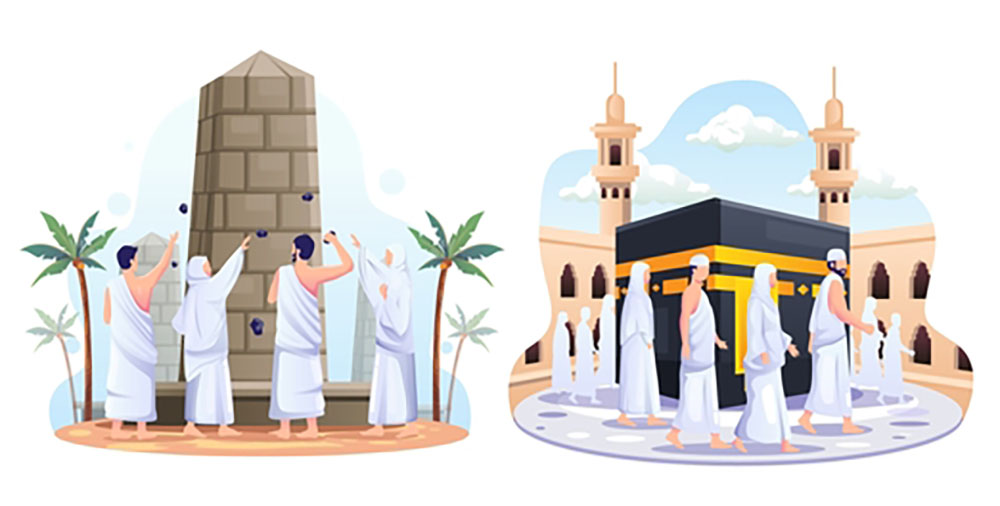Discovering Islamic Finance: An Ethical and Responsible Approach Rooted in Islamic Principles

Discovering Islamic Finance: An Ethical and Responsible Approach Rooted in Islamic Principles Islamic finance represents a growing sector that harmonizes financial activities with ethical principles drawn from Islam. Since its foundation, the concept of Islamic finance has provided an alternative to conventional financial systems, based on fairness, the prohibition of interest (riba), and respect for […]
Supplication Against Poverty: A Call for Divine Help and Commitment for a Better Future

Supplication Against Poverty: A Call for Divine Help and Commitment for a Better Future Introduction: Prayer as a Remedy for Poverty Poverty is a heavy burden to bear, but in Islam, it is never an insurmountable hardship. Believers turn to du’a (prayer) to ask Allah to relieve them from such a difficult situation. The du’a […]
Inheritance in Islam: Shares, Rules & Distribution

Inheritance in Islam: Shares, Rules & Distribution Inheritance (ميراث) in Islam is a divine system of wealth distribution that ensures fairness, social justice, and economic stability within Muslim societies. Unlike many other inheritance systems, Islamic inheritance is meticulously structured in the Quran and Sunnah, leaving little room for dispute or modification. This article explores the […]
Qadha Prayers in Islam: The Correct Way to Perform Missed Prayers

Qadha Prayers in Islam: The Correct Way to Perform Missed Prayers In Islam, Salah (prayer) is one of the five fundamental pillars of faith and an essential act of worship that connects the believer with Allah (SWT). However, there are situations where a Muslim may miss a prayer due to forgetfulness, sleep, or unavoidable circumstances. […]
Punishment in the Grave: What the Quran and Sunnah Say

Punishment in the Grave: What the Quran and Sunnah Say The concept of punishment in the grave (عذاب القبر) is an essential part of Islamic beliefs, supported by both the Quran and the Sunnah. It serves as a reminder of the consequences of one’s actions in this world and emphasizes the importance of living a […]
Qiyam Al-Layl: How to Pray, Virtues, and Best Time for Night Prayer

Qiyam Al-Layl: How to Pray, Virtues, and Best Time for Night Prayer Qiyam Al-Layl, or the night prayer, holds a special place in Islam, offering immense spiritual rewards and a unique connection with Allah. This voluntary act of worship is highly encouraged in the Quran and Hadith, with numerous references to its significance. In this […]
Riba in Islam: Definition, Types, and Why It Is Forbidden

Riba in Islam: Definition, Types, and Why It Is Forbidden Riba, or usury, is a critical concept in Islamic finance and is regarded as one of the most severe prohibitions in Islam. It refers to the unjust gain that comes from lending money with interest. Riba is strictly forbidden in Islam because it goes against […]
How to Perform Hajj in Islam: Guide for First-Time Pilgrims

How to Perform Hajj in Islam: Guide for First-Time Pilgrims Hajj is an integral part of Islam, encompassing one of the five pillars and holding great significance in Islam. It is obligatory for every financially and physically capable adult Muslim. Every year, millions of Muslims from all walks of life converge on the holy city […]
Signs of the Day of Judgment: What Islam Says About the End Times

7 Incredible Benefits of Dates In Islamic teachings, the Day of Judgment (Yawm al-Qiyamah) is one of the most significant events that every Muslim believes in. It marks the ultimate end of the world and the beginning of eternal life. According to Islamic doctrine, the Day of Judgment is a time when all individuals will […]
Protecting Yourself from the Evil Eye with the Quran: Verses, Supplications, and Practical Tips

Protecting Yourself from the Evil Eye with the Quran: Verses, Supplications, and Practical Tips The evil eye, or al-‘ayn in Arabic, is a reality acknowledged in Islam. This spiritual affliction can cause physical, emotional, and material harm to those affected. Fortunately, Allah, in His infinite wisdom, has provided us with powerful tools for protection, particularly […]

